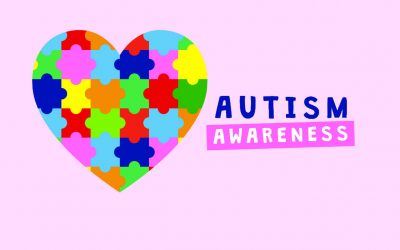Understanding of Others’ Intentions In Children With Autism
Carpenter M, Pennington BF, Rogers SJ.
Max Planck Institute for Evolutionary Anthropology, Leipzig, Germany.
carpenter@eva.mpg.de
Many studies have shown that children with autism have difficulty
understanding the thoughts and beliefs of other people. However, little
research has been conducted on what these children understand about
simpler mental states such as intentions. The current study tested the
understanding of others’ intentions in 2 1/2- to 5-year-old children with autism and a control group of children with other developmental delays. We used
Meltzoff’s (1995) test of understanding of others’ unfulfilled intentions
in an imitation context, with an additional “End State” condition.
We found no significant between-group differences on any measure
involving the understanding of others’ intentions. Although within-group
patterns suggested that children with autism may have a slightly less
complex understanding of others’ intentions than do other children, it was
clear that any deficits these children showed in this area were not as
marked as those they typically show on traditional theory of mind tasks.
PMID: 11814270 [PubMed – in process]
FEAT


